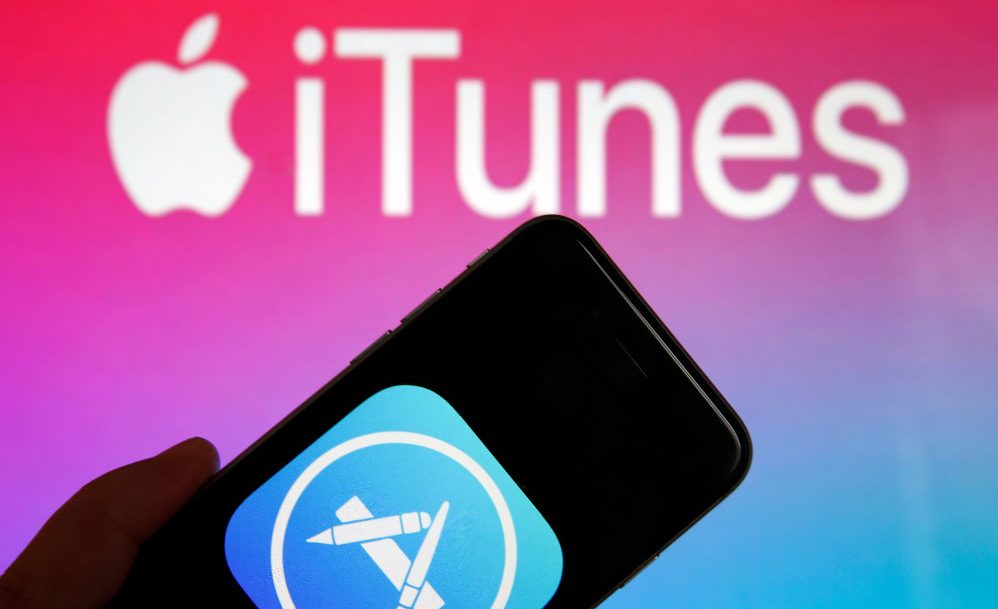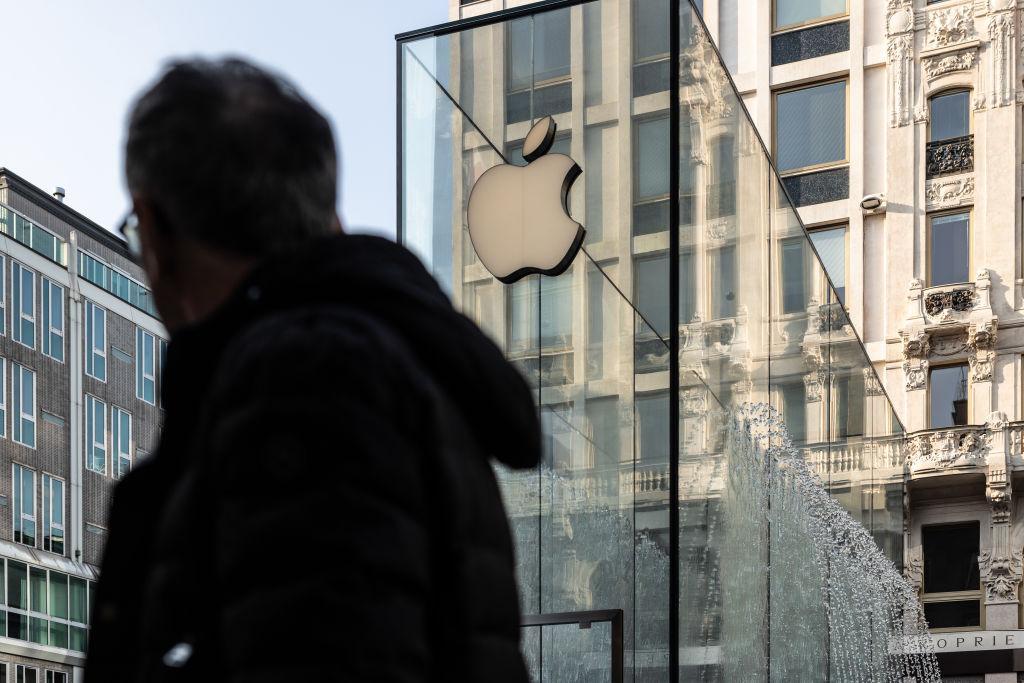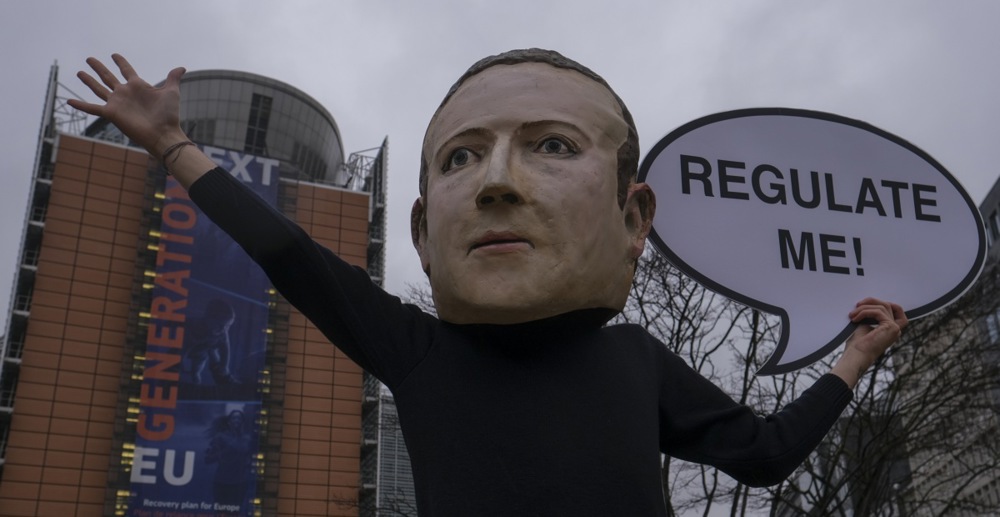The claim that new European Union technology rules jeopardise digital device security is “complete nonsense”, the European Commission’s Margrethe Vestager has insisted.
Under the bloc’s Digital Markets Act (DMA), which came into full force last month, certain “gatekeeper” companies will be forced to open up some of their products to third-party businesses to increase EU market competition.
That has prompted outrage from some Big Tech organisations, which have accused the EC of implementing a regulation that will undermine the security of users.
Speaking at the final meeting of the Internal Market and Consumer Protection (IMCO) committee before the European Parliament elections in June, EC Vice-President for the digital age Vestager rejected any notion that the DMA put consumer security at risk.
“That is complete nonsense,” she said, condemning what she described as “communication” put out by multinationals aimed at undermining the Act.
“It is for the companies to decide how will they present their services. Their operating systems. How they will make them safe for you and comply with the DMA.
“That is how [the regulation] should be seen,” she concluded.
Would you like to know more about Why Brussels is going after Apple?
Access the full interview following this link ??https://t.co/JC8Ypr6FEO #tech #brussels #policy #eu #apple #news #interview pic.twitter.com/sFXkPetXPu
— Brussels Signal (@brusselssignal) March 20, 2024
Vestager’s comments appear to be a veiled jab at US tech giant Apple, with which the EC is finding itself increasingly in conflict.
The iPhone maker was one of the harshest critics of the DMA in the run-up to its full implementation, claiming the legislation, which requires it to open up its iOS and App Store products, has forced it to introduce security vulnerabilities into its products.
“The new options for processing payments and downloading apps on iOS open new avenues for malware, fraud and scams, illicit and harmful content, and other privacy and security threats,” the company said in a statement.
While Apple has subsequently made changes to its products with the apparent aim of complying with the DMA, its competitors have said those reforms do not go far enough. Rivals claim the new rules – as with the old ones – still give Apple complete control over what apps are allowed on iOS.
Vestager acknowledged such complaints during the IMCO meeting, saying the EC had a “suspicion” that Apple may be trying to “scare away” app developers from benefiting from the DMA with its new rules
“And that suspicion, we of course find that we have an obligation to look into, because then if no app developers are using it then [the act] does not materialise,” she said.
Apple has bowed to the demands of the European Commission after receiving publicly issued threats by the bloc’s self-styled “digital enforcer” Thierry Breton. https://t.co/W1DoE4rvH3
— Brussels Signal (@brusselssignal) March 11, 2024





